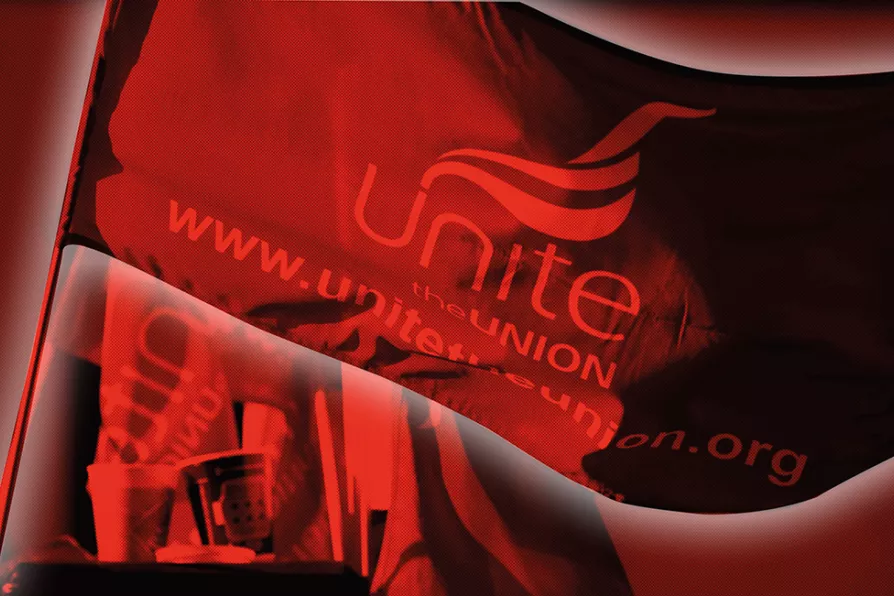The Mandelson scandal reveals a political settlement in which democratic choice is curtailed and the power of markets eclipses the will of voters – only the left can challenge this, writes JON TRICKETT MP
What can the movement learn from the election of Sharon Graham as leader of Unite?
All too often under first past the post, it is women who are told to back down and step aside – it is time to rethink our voting systems and make them fairer, says LYNN HENDERSON of PCS


LAST month’s election of Sharon Graham as Unite’s general secretary has shaken up the movement a fair bit.
Most of the left commentariat outside of Unite’s structures were a bit caught out, having thrown their support behind Steve Turner and/or Howard Beckett.
If their mistake was to disregard Graham’s campaign and approach as “not political,” the wider lesson across the left in the movement is the trap of first past the post in elections leading to left candidates trying to do a deal to squeeze out the “worst last” in the vote.
Similar stories

VINCE MILLS gathers some sobering facts that would inevitably be major obstacles to any such initiative

From the TUC Race Relations Committee to national union treasurers, a new generation of formidable black women leaders are breaking barriers and transforming the movement through uncompromising politics, writes ROGER McKENZIE












